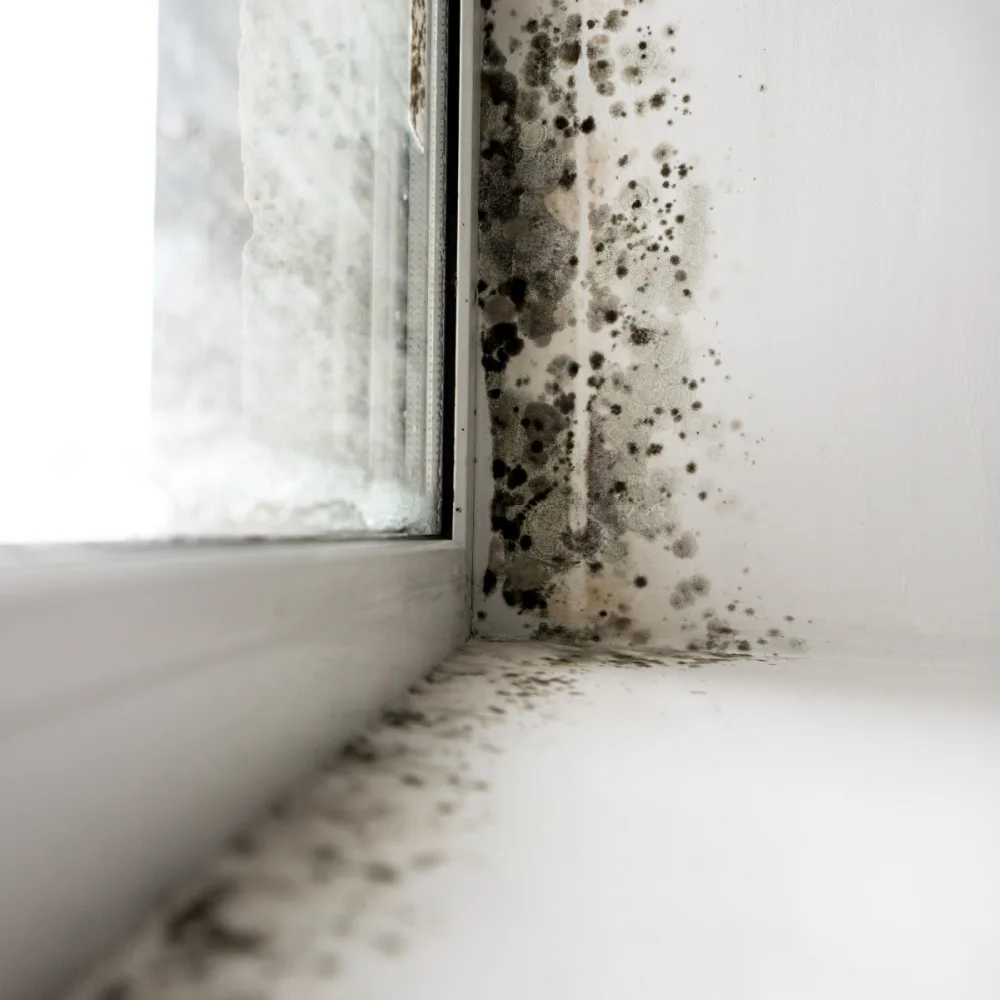Chronic Disease, Histamine Reaction and Mold
Insights from Nancy Guberti, MS, CN, Functional Medicine Specialist
Explore the complex interconnections between histamine intolerance, mast cell activation syndrome, and mold exposure in chronic disease management.
Understanding Histamine
Histamine is a chemical compound found naturally in certain foods and body cells, playing critical roles in immune function, inflammation, and brain communication.
Key Issue: Too much histamine leads to decreased tolerance, causing histamine intolerance due to genetic factors or impaired enzymes that break down histamine.
Commonly Affected Populations
Histamine intolerance is frequently found in people with gastrointestinal conditions:
Celiac Disease
SIBO
Histamine Intolerance Symptoms
Headaches & Migraines
Nasal Congestion
Fatigue
Hives & Itching
Irregular Menstrual Cycles
Many Others
Contributing Factors
Genetic Susceptibility
Inherited enzyme deficiencies affecting histamine breakdown
Pathogens
Bacterial, viral, and fungal infections triggering histamine release
Nutrient Deficiencies
Lack of cofactors needed for histamine metabolism
Medications
Antibiotics, antacids, and antidepressants can affect histamine levels
Mast Cell Activation Syndrome (MCAS)
MCAS vs. Histamine Intolerance
While often confused, MCAS differs from histamine intolerance as mast cells secrete many mediators, not just histamine.
Key Facts: Mast cells are white blood cells that release up to 1,000 signaling chemicals as part of the immune response to parasites, fungi, bacteria, viruses, allergens, and environmental toxins.
The Mold Connection
Mold is a major factor that can lead to chronic health problems including histamine intolerance and MCAS.
Mycotoxins: The Hidden Danger
Mold exposure causes health problems through mycotoxins—toxic compounds produced by certain molds that can lead to fatigue, headaches, respiratory problems, and many other symptoms.
Testing and Treatment Options
Diagnostic Approaches
- Elimination diets
- Blood tests
- Clinical assessment
Treatment Strategies
- Targeted supplementation
- Dietary modifications
- Medication when appropriate
Essential: Work with a healthcare provider to determine the best course of action for these complex conditions.
Clinical Summary
Histamine intolerance and MCAS are complex health issues requiring proper diagnosis and treatment. Mold exposure is a significant factor that can lead to chronic health problems. Professional help is essential to diagnose and manage these conditions effectively.
Watch the Full Webinar
DesBio practitioners can access Nancy Guberti’s complete presentation on chronic disease, histamine reactions, and mold exposure.
DesBio Practitioners: Browse All On-Demand Webinars
DesBio: Your Partner in Complex Case Management
DesBio empowers practitioners through targeted supplements and homeopathic remedies. We provide direct access to medical educator consults and comprehensive training programs focused on diagnostic strategies, clinical protocols, and troubleshooting tips.


